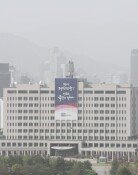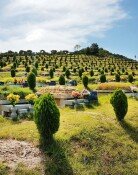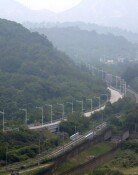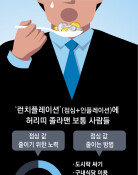Korean wave in Iran
Korean wave in Iran
Posted April. 30, 2016 07:19,
Updated April. 30, 2016 07:26
When I went to Iran for a business trip five years ago, I was surrounded by the infamous pollution in Tehran. Due to trade sanctions that led to lacking components, old cars that should have been scrapped were still on the road. In museums and contemporary art galleries, valuable relics were put in shabby glass showcases.
Five years later, the same country has become a new growth engine for the world economy. As a country rich in resources with a population of 80 million and the second largest natural gas reserves in the world, Iran has become an emerging market since the Western countries dissolved economic sanctions on the country early this year. Korea as well as China and Japan also quickly entered into the market. Korean President Park Geun-hye will visit the country soon with an economic mission. Chinese President Xi Jinping visited Iran this January, being the first leader of a nation to visit Iran after the sanctions were dissolved. Japanese Prime Minister Shinzo Abe is also planning to visit Iran in the second half of this year.
Actor Song Il-gook visited Iran in August 2009 and learned how popular the drama "Jumong," in which he played the main character, was in Iran. With a different title, "Legendary Prince," the drama had 85 percent in ratings. Back then, one female fan came all the way from a rural area, 1,500 kilometers away from the capital city, just to see Song in real life. One Iranian blogger wrote in his blog, "Korean drama Jumong changed the evening routines of many houses in Iran. Families who used to have conversations after dinner were now sitting in front of TV, watching that drama." The Korean wave that the historic drama started led to the appliance market. Some say that middle class housewives would invite people over to show their newly purchased LG or Samsung refrigerators, and that those who still have once-trendy Sony products feel ashamed and cover the products with cloth.
Islamic culture, which was originated from and has settled in Asia, has a few things in common with Korean culture: family-based community spirit, absolute respect for elders, and strict sexual morality that separates boys and girls from age 7. Probably, this is how such dramas as "Jumong" and "Daejanggeum" gained such huge popularity there. A study found that Cheoyong, who appears in "The Heritage of the Three States," also made an appearance in Persian epic "Kush Nama."







